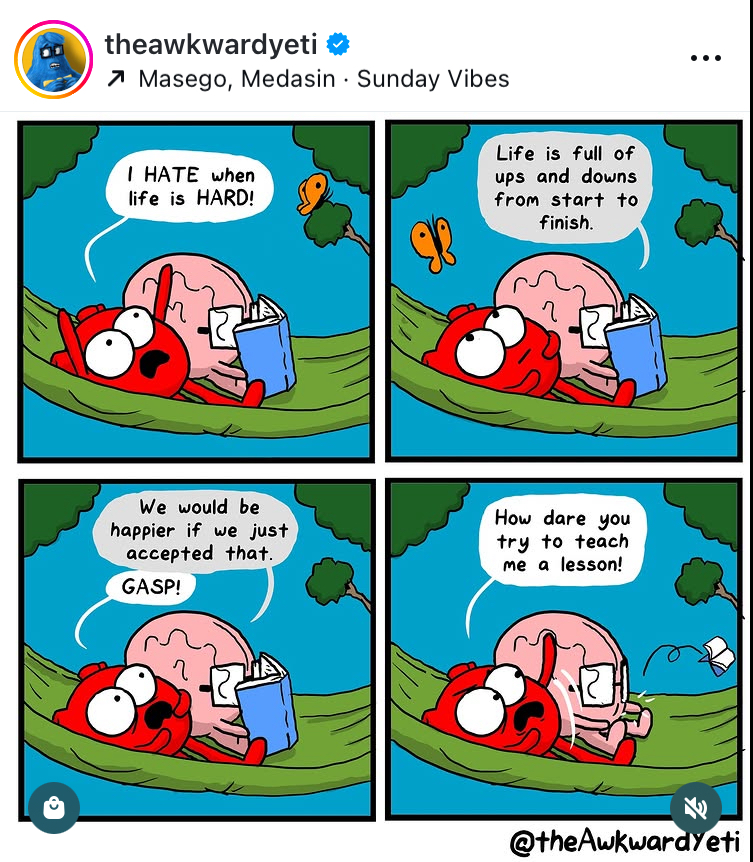Making Room for What Matters: Lessons from A Liberated Mind.
- mvvasquez0811
- Jul 20, 2025
- 3 min read
Updated: Jul 21, 2025
The Turning Point
Taking summer classes is a requirement for the doctoral program. This semester I decided to take six classes for the 8-week semester. I thought it would be best to front-load the beginning years and have fewer classes for the year of dissertation and internship. The classes I decided to take were Hypnosis, Working with Military Families, Infidelity and Betrayal, Cognitive and Behavioral Therapies (CBT), Practicum, and Professional Writing. Surprisingly enough, the CBT class recommended three books to choose from and write a blog about one of the books. This is the main reason for starting this webpage. The books were Atomic Habits, Emotional Agility, and A Liberated Mind.
How I decided on A Liberated Mind by Dr. Steven C. Hayes was by process of elimination. I previously read Atomic Habits and Emotional Agility focused on embracing change and thriving. Might be touting my horn, but I think I am embracing change and thriving in a doctoral program. May need to read the book later, just to be well-rounded.

The Core Message That Hit Home
Dr. Steven Hayes breaks down his book into three distinct parts. The first part is understanding how humans suffer and deal with pain. He explains that our language and cognitive thoughts affect how we judge ourselves. This leads to avoidance and negative narratives. Narratives mean how we narrate and view our own story. Dr Hayes reports that when we normalize suffering and understand we are not broken, change can then happen.
The second part is how to respond to thoughts and emotions in a positive manner using skills from Acceptance and Commitment Therapy. The tools laid out to increase psychological flexibility were cognitive diffusion, acceptance, being in the present moment, self as a context, values, and committed actions. Hayes reports that psychological flexibility is the ability to stay present and choose values based on actions. Using these tools is essential, especially when thoughts and emotions arise that tell you to flee and avoid. Learning to see thoughts as thoughts and not commands stood out to me in this part of the book.
The third part of the book explains how we can use the ACT principles in life and relationships. Steven writes on personal stories and client examples on how the ACT principles empower them to build a life of authentic freedom. Integrating the six processes into daily living and personal purpose can lead to a more meaningful value-driven life despite suffering and pain.
Flexibility is the key theme of the book. Accepting and understanding pain can lead to learning how to relate your thoughts to healthy thoughts and emotions. Which can help empower you to build a life based on your values and personal purpose.
Reflection: Ongoing Practice, Not Perfection
What resonated with me was how true avoidance affects our lives, with how we shut down feelings or behaviors because they become overwhelming and uncomfortable. However, by avoiding them, it does not stop the experience or feeling of pain to stop. Learning to be flexible despite pain and suffering can lead to going towards what matters in your life and values.
Speaking of values, I took the opportunity to take the Valued Living Questionnaire recommended in the book. I like this because it gave me a self-report on what values are important to me and values I deemed unimportant to me. This helps me reevaluate and reflect on how the values I deemed low can affect my behavior and health.
How did I used the reading in my current life? Learning to letting go of rigid thinking and making space for difficult emotions. Midway through the summer semester, I received an email about needing extra work on my clinical experience. This created a downward spiral of negative thoughts and feelings. However, once I made space for the emotions and perfectionist thoughts, I took time to reflect on what my values were coming into the counseling psychology doctoral program. I applied to this program because I wanted to learn how to be a better therapist and learn from those who have years of experience. To do that, I must be flexible and open to learning new tools. I also need to remember to be flexible because this is a “continuous process of freeing ourselves from unhelpful thoughts and emotions that get in the way of change.” If you’re looking for a book that speaks to you step-by-step and gives you skills to use for everyday experiences. Then this book is for you.
Hayes, S. (2019). A Liberated Mind: How to Pivot Toward What Matters. New York: Avery.





Comments